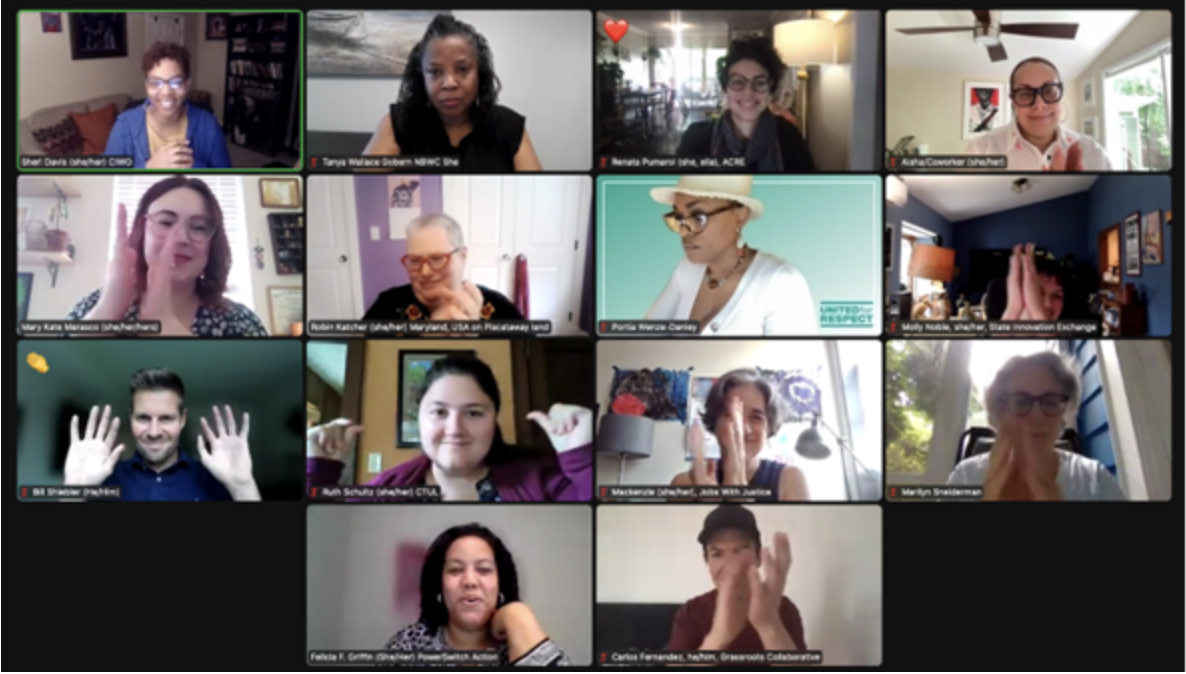
"As always BTB renews, refreshes, and affirms me and I love it!”
On May 19-20, 2022, participants from over 20 organizations came together virtually for our eighth annual Build the Bench Convening. This was our third time convening virtually, due to the ongoing COVID-19 pandemic. Convening on Zoom has its challenges, but Build the Bench participants give it their all whenever they are together, and this event was no exception. Participants gathered from 12-5:30pm EST on both days, which involved 4 main sessions and a cocktail/mocktail hour after the first day to just spend time talking and getting to know each other better (special thanks to Mackenzie Baris of Jobs with Justice and Aisha Satterwhite of Co-worker for hosting spaces during this time). This year’s convening welcomed many new faces into our ever-growing community; participants enthusiastically built new connections and strengthened their existing relationships.
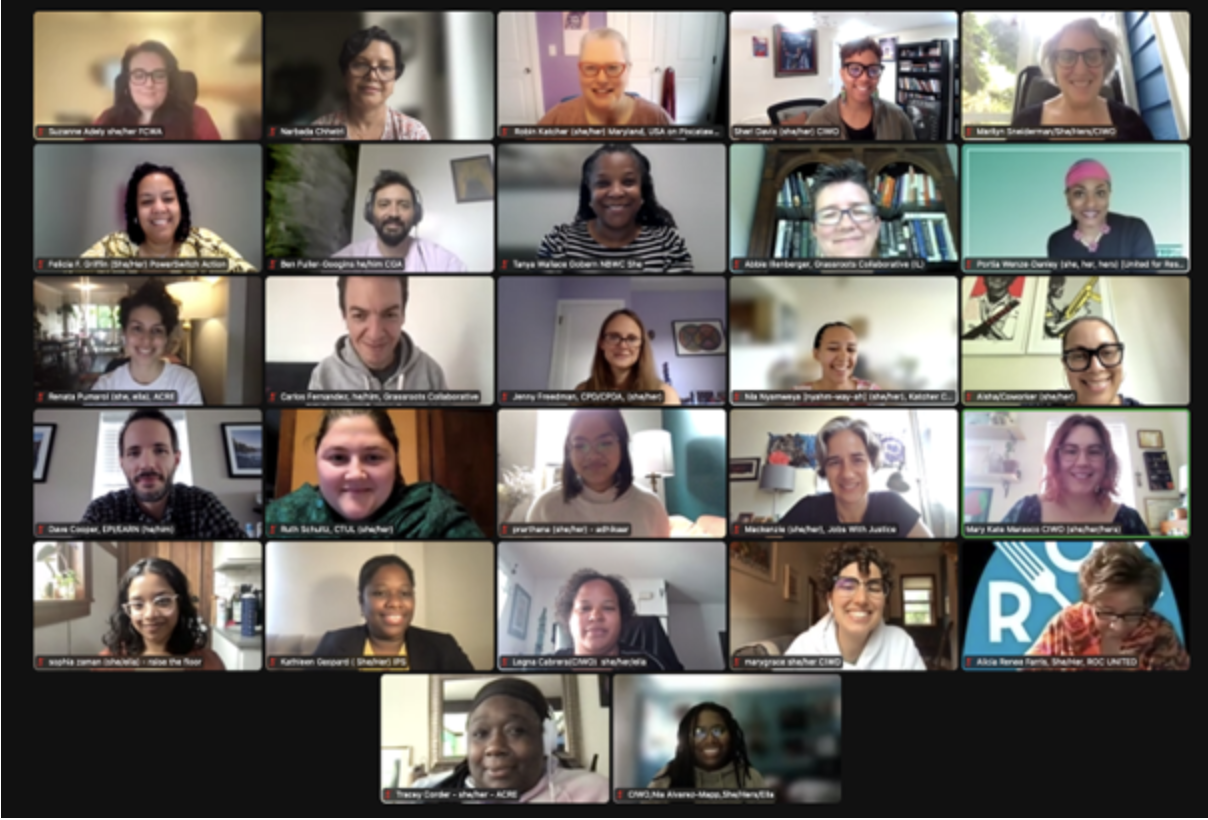
Participants smiling on our first day!
The Convening was facilitated by Robin Katcher (Katcher Consulting) and Dr. Sheri Davis (Rutgers SMLR/CIWO), with support from several Build the Bench members named below, including our CIWO Fellows for Build the Bench, Kathleen Gaspard (Institute for Policy Studies) and Felicia Griffin (PowerSwitch Action) who have been leading and moving Build the Bench forward since 2019. Mary Kate Marasco and Patricia Munoz of CIWO managed the technology aspects of the event. A special thanks to Maria Elva Maldonado, CIWO Senior Fellow for Build the Bench, who was unable to be with us for the Convening but has been instrumental in shaping Build the Bench with CIWO Executive Director Marilyn Sneiderman since its beginning.
Build the Bench events are shaped by what participants tell us will be worthwhile and meaningful for them. Thank you to our Build the Bench Advisory Committee, made up of Build the Bench participants, who worked with the facilitators to structure the agenda:
-
Mackenzie Baris, Jobs with Justice
-
Jennifer Freedman, Center for Popular Democracy
-
Kathleen Gaspard, Institute for Policy Studies
-
Felicia Griffin, PowerSwitch Action
-
Chevalier Lovett, Florida Rising
-
Renata Pumarol, Action Center on Race and the Economy
An overall look at the Convening agenda:
-
Welcome/Getting into Formation: Introductions, setting expectations for the virtual convening space, and establishing community agreements
-
Exploring the Changing Nature of Work in Our Movement and Organizations: Mind Mapping to identify emerging trends among our BTB community and brainstorming how to address them
-
Making Connections: Creating and browsing through Jamboard profiles to identify common ground and others to connect with
-
Managing Expectations and Accountability: Exploring challenges in holding staff accountable while cultivating a workplace culture that aligns with organization and movement values
-
Peer Consultation: Participants identify a pressing issue or challenge within their sphere of influence and receive coaching from 2 other participants
This year’s convening was centered on regrouping and reflection. Violent tragedies continue throughout an ongoing global pandemic, and all of us have been affected in some (or many) ways by these realities. As we opened the convening, we held space to honor the lives lost during the mass shootings that took place in Buffalo, New York and Laguna Woods, California, and those we have lost throughout the COVID-19 pandemic.
To set the expectations for the Convening space, Marilyn Sneiderman (Executive Director, CIWO) provided the historical context for Build the Bench, and Advisory Committee members and CIWO Fellows for Build the Bench Felicia Griffin (PowerSwitch Action) and Kathleen Gaspard (Institute for Policy Studies) led us through the Build the Bench Goals and Principles and creating Community Agreements to guide the tone of the space. Build the Bench is a community of learning and practice specifically tailored to managing directors in the economic and racial justice movement. Members have various job titles, but are leaders positioned in between executive directors and organizational staff, tasked with bringing organizational vision to life while supporting staff members.
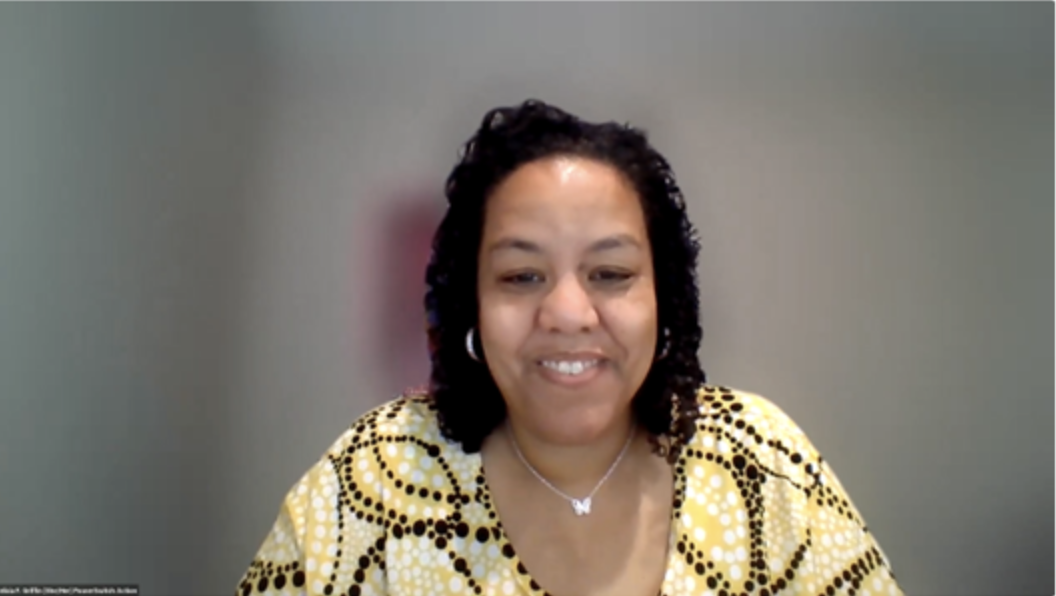
Felicia Griffin, Deputy Director, PowerSwitch Action
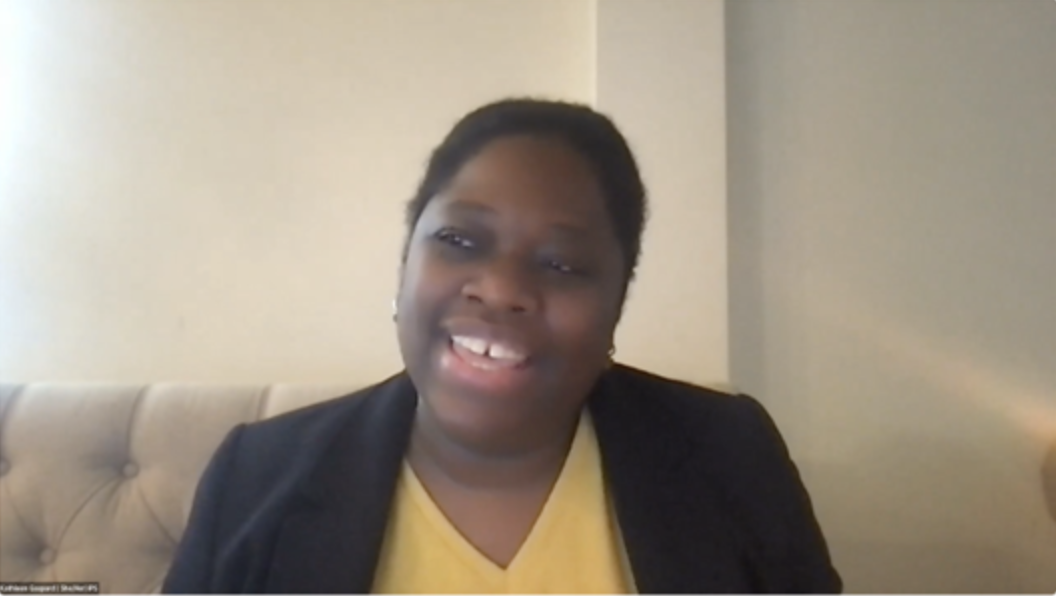
Kathleen Gaspard, Deputy Director, Institute for Policy Studies
Build the Bench participants hold a lot, both personally and professionally, all the time. They are leaders in the middle space between the top leaders of their organization and the staff that they manage. Participants constantly tell us that this can be a really isolating place to be, which underscores the importance of a space like Build the Bench. Our opening introductions centered on what participants have been holding: they wrote down one thing they wanted to be acknowledged for and one thing they wanted to let go of, shared these with each other, and then ceremoniously let it go in a physical way (ripping it up, scribbling it out – Alicia Renee Farris (ROC United) who modeled the exercise for the group chose to light hers on fire!).
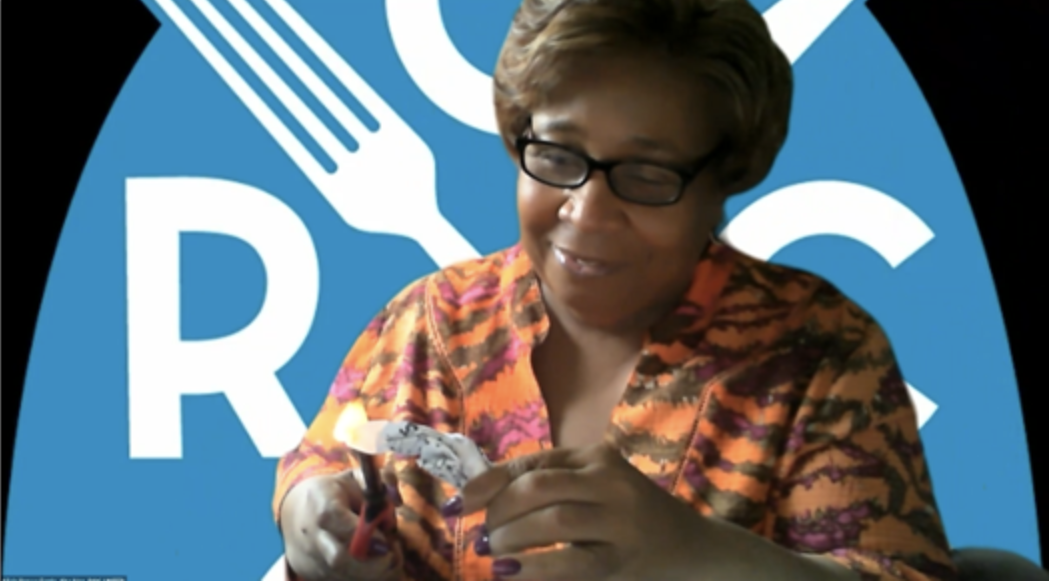
Alicia Renee Farris, Chief Operations Officer, Restaurant Opportunities Centers (ROC) United
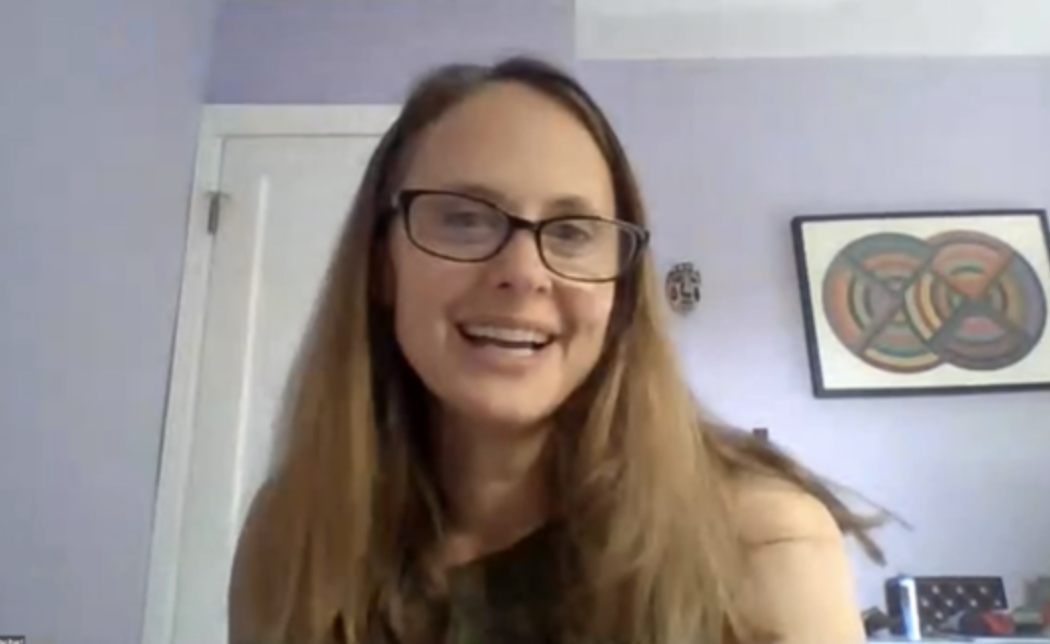
Jenny Freedman, Chief Operating Officer, Center for Popular Democracy
The events of the past two and a half years have been heavy, and have also impacted how people view work and workplaces, literally and figuratively, which has created new opportunities and challenges for the Build the Bench community. Advisory Committee member Jenny Freedman (Center for Popular Democracy) provided some introductory context with an overview of an article from the Harvard Business Review, 11 Trends that Will Shape Work in 2022 and Beyond, that outline the unavoidable changing nature of work due to the COVID-19 pandemic, uprisings for racial justice, and domestic and global politics.
In a live mind mapping exercise, with tech support from Nia Nyamweya (Katcher Consulting), participants created a visual map that uncovered several themes across their experiences of this changing nature of work, including:
-
Making health and safety a priority in the workplace, including a stronger openness to prioritize individuals’ mental health and the ability to be open and vulnerable to the many identities that have previously been neglected in the typical work environment
-
Experimentation with hybrid and remote workspaces, and a 4 day work week
-
Generational shifts in organizing identities, and ways people think about work’s place in their life
-
A noted movement of staff towards unionization
-
Holding space to uplift Black voices in leadership
“The discussion of the changing nature of work - the format was really helpful and I appreciated the mix of looking at it big picture, and then having space to talk deeply about specific aspects.”
“Whenever we [Black women] are able to caucus, there is healing in process.”
Another highlight of the Convening was a panel of three participants, Tanya Wallace Gobern (National Black Worker Center), Aisha Satterwhite (Coworker.org), and Renata Pumarol (Action Center on Race and the Economy), who shared concrete examples of what they have tried in their organizations to create clear expectations and accountability in this time of uncertainty and changing perceptions about work. Sharing these concrete examples, and what worked and did not work, is something participants tell us they find really helpful for their own leadership.
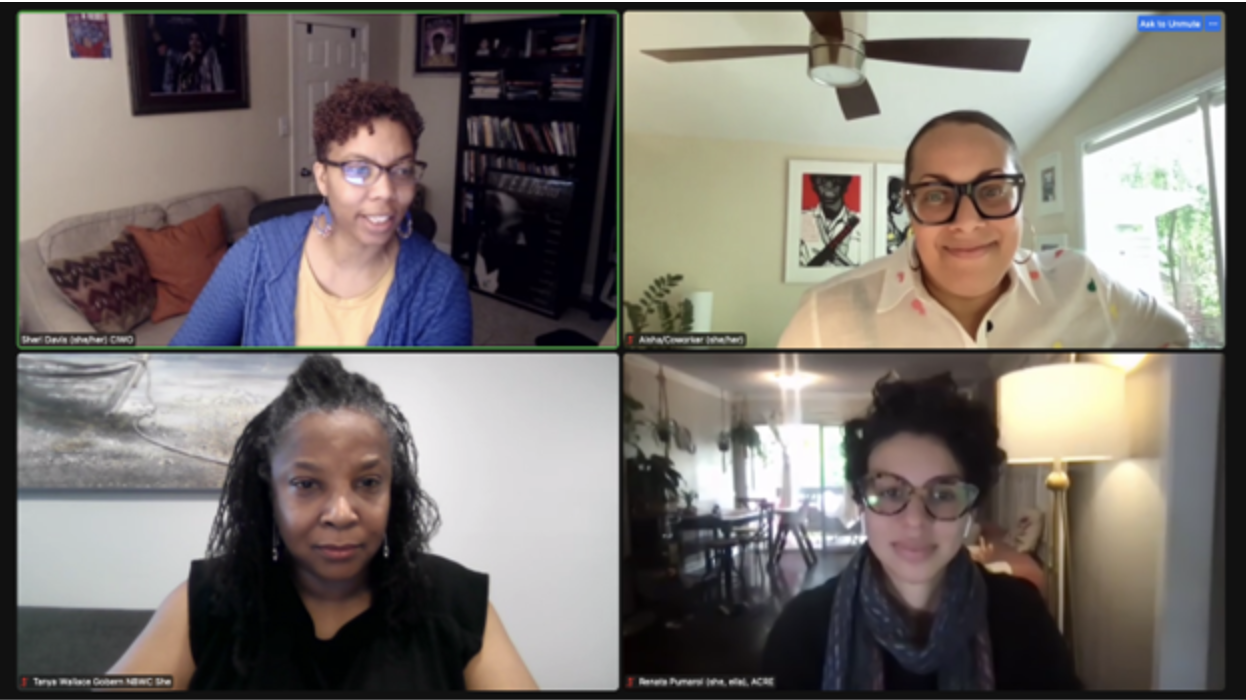
Clockwise from top left: Dr. Sheri Davis (Associate Director, CIWO & Co-Director, WILL Empower), Aisha Satterwhite (Managing DIrector, Coworker.org), Renata Pumarol (Chief of Staff, Action Center on Race and the Economy), Tanya Wallace Gobern (Executive Director, National Black Workers Center)
Our final session was the crowd favorite Peer Consultation, where small groups of 3 participants take turns with a deep dive into each other’s challenges, to process with others who relate to the experience and brainstorm ideas and solutions. We’re told there is never enough time, especially for this session when it has to happen virtually – it’s a tough balance between too much Zoom time and not enough convening time!
Participants expressed gratitude for this year's convening. Build the Bench provides an ability to connect with others who can relate to the complexities and unique challenges of their position. One participant said, “I really appreciated the peer consultation section of the retreat. It was extremely useful to me in developing solutions to a real time challenge I have been facing in my work. I always really enjoyed getting to meet the other participants. This is a special space. Feel lucky to be part of it.”
At CIWO, we are proud of the work our participant organizations are doing to build a more just world and are excited for the future growth of this powerful community of learning and practice.
